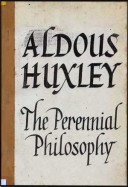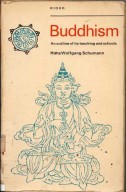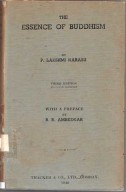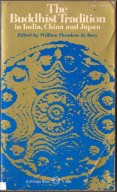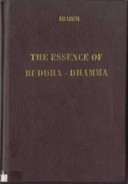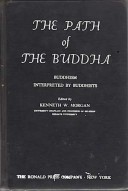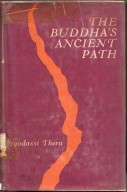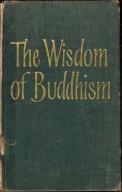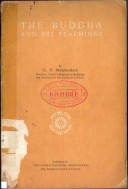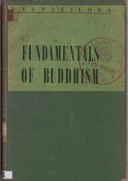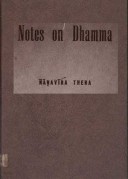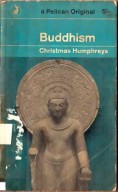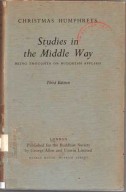Tìm Sách
Sách tiếng Anh-English >> The Perennial Philosophy
Thông tin tra cứu
- Tên sách : The Perennial Philosophy
- Tác giả : Aldous Huxley
- Dịch giả :
- Ngôn ngữ : Anh
- Số trang : 358
- Nhà xuất bản : Chatto & Windus London
- Năm xuất bản : 1946
- Phân loại : Sách tiếng Anh-English
- MCB : 12010000007018
- OPAC :
- Tóm tắt :
THE PERENNIAL PHILOSOPHY
Aldous Huxley
INTRODUCTION
HYLOSOPHYA PERENNIS – the phrase was coined by Leibniz; but the thing – the metaphysic that recognizes a divine Reality substantial to the word of things and lives and minds; the psychology that finds in the soul something similar to, or even identical with, divine Reality; the ethic that places man’s final end in the knowledge of the immanent and transcendent Ground of all being – the thing is immemorial and universal. Rudiments of the Perennial Philosophy may be found among the traditionary lore of primitive peoples in every region of the word, and in its fully developed forms it has a place in very one of the higher religions. A version of this Highest Common Factor in all preceding and subsequent theologies was first committed to writing more than twenty-five centuries ago, and since that time the inexhaustible theme has been treated again and again, from the standpoint of very religious tradition and in all the principal languages of Asia and Europe. In the pages that follow I have brought together a number of selections from these writings, chosen mainly for their significance – because they effectively illustrated some particular point in the general system of the Perennial Philosophy – but also for their intrinsic beauty and memorableness. These selections are arranged under various heads and embedded, so to speak, in a commentary of my own, designed to illustrate and connect, to develop and, where necessary, to elucidate.
Knowledge is a function of being. When there is a change in the being of the knower, there is a corresponding change in the nature and amount of knowing. For example, the being of a child is transformed by growth and education into that of a man; among the results of this transformation is a revolutionary change in the way of knowing and the amount and character of the things known. As the individual grows up, his knowledge becomes more conceptual and systematic in from, and its factual, utilitarian content is enormously increased, but these gains are offset by a certain deterioration in the quality of immediate apprehension, a blunting and a loss of intuitive power. Or consider the change in his being which the scientist is able to induce mechanically by means of his instruments. Equipped with a spectroscope and a sixty-inch reflector an astronomer becomes, so far as eyesight is concerned, a superhuman creature; and, as we should naturally expect, the knowledge possessed by this superhuman creature is very different, both in quantity and quality, from hat which can be acquired by a stargazer with unmodified, merely human eyes…
Contents
Chapter I That Art Thou
II The Nature of the Ground
III Personality, Sanctity, Divine Incarnation
IV God in the Word
V Charity
VI Mortification, Non- Attachment, Right , Livelihood
VII Truth
VIII Religion and Temperament
IX Self-Knowledge
X Grace and Free Will
XI Good and Evil
XII Salvation, Deliverance, Enlightenment
XIV Immortality and Survival
XV Silence
XVI Prayer
XVII Suffering
XVIII Faith
XIX God is not mocked
XX Tantum religio potuit suadere malorum
XXI Idolatry
XXII Emotionalism
XXIII The Miraculous
XXIV Ritual, Symbol, Sacrament
XXV Spiritual Exercises
XXVI Perseverance and Regularity
XXVII Contemplation, Action and Social Utility Bibliography
Index
 Facebook
Facebook
 Google
Google
 Google+
Google+
